Emerging Threats
Situational Awareness | Embracing Your Inner Yoda

“What you are aware of you are in control of;
What you are not aware of is in control of you.” ~Anthony de Mello
What Is Situational Awareness?
I was hiking the back country of Yellowstone and for those of you who have been there, you know the back country is raw, untamed and can be dangerous. Days before my trip, I spent time with one of the foremost experts on grizzly bears. So with his schooling fresh in my mind, I set off knowing full well I was now entering the food chain — and not as the apex predator.
I had taken precautions (and no, not that little bell a lot of resources tell you to place on your back or hiking sticks). Here’s a little known fact: that little bell the “experts” tell you to use during hikes in bear country? Yeah, forget it. Bears are smart. That little bell is like a dinner bell to them. Some hikers are taught to drop the pack as a distraction and get away! Bears have figured out, hey, bell + human + backpack holding lunch = free lunch. So leave the bell at home.
Long story short. I made it over half way with no encounters and was feeling relaxed and enjoying the sights. Maybe feeling a little too relaxed and sure of myself. Because I was looking down at the trail and was lost in my own thoughts when all of a sudden I stopped. Nothing obvious told me to stop. I just “felt” I needed to. I looked up and there was nothing in front of me. By now my Spidey senses were humming. I looked in the tall prairie grasses to my left and there he was. Not a bear. But a lone buffalo grazing beside a long tree not thirty yards from my trail. I had missed him. And to my right? About 20 others grazing. I had walked into the middle of a grazing buffalo herd. Not good. Buffalo are temperamental. And a charging buffalo can kill you just as easily as a charging bear.
And that’s an example of losing focus and not maintaining situational awareness. I made it through the herd. No eye contact, no quick moves, and a slight detour. But I could have avoided the situation altogether had I kept alert.
Everyone has an innate ability to sharpen their senses. We are also instinctually equipped to sense danger. What situational awareness (SA) does is helps us respond more critically to difficult and unexpected situations. When we develop SA skills, we heighten awareness and we acquire an arsenal of information that gives us multiple options and expands our range of adaptive responses in times of crisis. The information you gather, makes you more skilled at responding to threats.
Developing The SA Muscle
Pilots are very adept at situational awareness. Good pilots are able to maintain awareness of a multitude of complex and dynamic events that occur simultaneously in flight. Understanding and developing your SA abilities is taking control of your own security. Even though SA is innate in all of us, we need to practice in order to hone our senses.
Distraction is one of the main barriers to situational awareness development. We live in an over stimulating world. Noise pollution, electronic gadgets, boredom, daily routines can all dull our senses. We look down at our cell phones, we put ear buds on to listen to music and we fall prey to habits that lead to complacency.
Situational Awareness Blockers:
- Noise
- Cell phones
- Laptops/tablets
- Boredom
- Daydreaming
- Routines
What we need to do is train our senses to be in a practical state of alert but not overly so. Our bodies and minds are not wired to be in a state of alert 24/7. If we are excessive regarding our approach to SA, then we will simply burn out. There is a danger in taking anything to an extreme. Developing paranoia is not the objective. The objective is to enjoy life but with an effective level of personal security. People who are well trained can be in a relaxed state and when their trained senses detect danger, they are able to elevate the alert level to a higher degree when needed. A healthy individual will be able to dial it up or down, depending on the threat.
Situational Awareness Tools
- Evolve you intuition
- Be observant
- Be in the moment
- Get to know yourself
- SA exercises
Evolve Your Intuition
“Intuition will tell the thinking mind where to look next” ~Jonas Salk
Intuition is a feeling that most of us have experienced. Usually, it’s that stirring in the pit of our stomachs and it speaks to us. It says things like, “Man, there’s something about this place that makes me uneasy” or “There’s something off about that person.” Once, I was traveling in Limosol, Cypress and had that exact experience. It had been a long day and I had just finished off dinner and a beer at a local watering hole. While on my way back to my hotel, a car pulled up beside me. It was dark and the streetlights were dim. I could just make out the details of the driver. He smiled at me and said “Hey, you American?” Without thinking, I smiled back and said, “Yes.” That was my first mistake.
The driver then proceeded to be an incarnation of a stereotype. He said things about how great New York was, how he loved TV and apple pie and such. Then he asked if I wanted to go party with him. And, finally he added his perceived coup d’etat — there would be girls. Understand that while he was speaking, I had gradually added some discreet distance between us. My SA turned on — better late than never — and I started noticing things. Like the way he gripped the steering wheel. White knuckles betrayed his crocodile smile. Or the way he looked past me a few times.
My SA was screaming at me — GET OUT! So I did. I extracted myself with some vacant platitudes then exited BEHIND the car. I walked down the opposite sidewalk a few hundred yards, taking in everything around me. The driver slowly followed for about a hundred of those yards. I pretended not to notice, all the while planning escape routes, where I’d turn down another street, was there anybody else following on foot, listening for other sounds — letting all of my senses become hyper attuned to my surroundings. I found a yard that connected to a busier street, hopped a short fence and went down the new street in the opposite direction for a bit. I then backtracked to my hotel.
The next day I read in the local paper that an American tourist had been badly beaten and robbed then tossed in a ditch and left for dead after accepting a ride with an unknown local. Intuition is your Yoda. So folks, trust your gut! Your subconscious will often notice subtle signs in your environment before your conscious self is able to connect the dots.
Be Observant
“To acquire knowledge, one must study; but to acquire wisdom, one must observe.” ~Marilyn Vos Savant
- * Look at people’s hands
- * Study their faces
- * Visually inspect what they are wearing
- * Observe their body language: A very big giveaway!
- * Survey for exits and barriers
- * Scan for objects and people that may seem out of place
- Be In The Moment At All Times
- “The strong man is the one who is able to intercept at will the communication between the senses and the mind” ~Napoleon Bonaparte
- Try and be alert, especially when conducting day to day tasks
- * Shopping and getting into our vehicles
- * Getting into elevators
- * Going into a parking lot
- * Driving long distances (Road Hypnosis)
- * Coming home after shopping with our hands full of bags
- * Walking up to our doors
- * Walking down the street
- * Withdrawing money from an ATM
Get To Know Yourself
“Know your enemy and know yourself and you can fight a hundred battles without disaster” ~Sun Tzu
Become your own best friend. Know your character makeup and emotional temperament. Developing good character traits will only strengthen your ability to react in a balanced manner. Work on any deficiencies you may discover your have.
Exercises That Can Heighten Hearing and Sight
- Keep playing games…”We do not stop playing because we grow old, we grow old because we stop playing!”~Benjamin Franklin
- Hearing: Try and take a few minutes every day, to close your eyes and just listen. Try and hear the distinct sounds in your environment. You will be surprised at how attuned you can become to the melodies of your surroundings.
- Visual strengthening: Like the hearing exercise, take a few minutes to hone your peripheral vision. Look straight ahead and then try and describe what is on each side of you without turning your head. If you do this for about 5 minutes every day, you will be surprised at how much your visual comprehension improves. Another visual exercise you may want to try is to look around and find the reflective surfaces in your environment (metal, mirrors, glass). Reflective surfaces can be used to observe if someone is behind you. An additional exercise to vamp your SA skills is one that many law enforcement officers are taught. Begin by looking at the people around you and attempt to figure out their stories, in other words, what they do for a living, their mood, what they are focused on and what it appears they are preparing to do that day, based merely on observation. What this will help you do, is train your eyes to notice details.
SA Lifestyle
No matter where you are, wilderness or an urban jungle, SA is your lifeline. I encourage you to practice developing and honing your SA skills daily. Make it fun. Make it a family game. Just make it so. Because in a rapidly changing world full of uncertainly, a simple “game” might be the thing that keeps you and your loved ones safe. Continue to examine, educate and transform.
“Human beings are not born once and for all on the day their mothers give birth to them, but … life obliges them over and over again to give birth to themselves.”
~Gabriel Garcí¬a Márquez
Recommended Reading
- Warrior Mindset by Dr. Michael Asken
- Facing Violence: Preparing for the Unexpected by Rory Miller
- The Gift of Fear by Gavin de Becker
- Prepare for Anything (Outdoor Life): 338 Essential Skills by Tim MacWelch
Check out these related articles:
The Psychology of Survival – Why Your Mind Matters Most
Do You Know These 25 Native American Survival skills?
32 Survival Skills to Teach Your Kids
Like this post?
Be sure to like us on Facebook so you can be the first to know about latest survival tips and off the grid living skills.
-

 Do It Yourself7 months ago
Do It Yourself7 months agoParacord Projects | 36 Cool Paracord Ideas For Your Paracord Survival Projects
-

 Do It Yourself9 months ago
Do It Yourself9 months agoHow To Make Paracord Survival Bracelets | DIY Survival Prepping
-

 Do It Yourself9 months ago
Do It Yourself9 months ago21 Home Remedies For Toothache Pain Relief
-

 Do It Yourself10 months ago
Do It Yourself10 months agoSurvival DIY: How To Melt Aluminum Cans For Casting
-

 Exports8 months ago
Exports8 months agoAre Switchblades Legal? Knife Laws By State

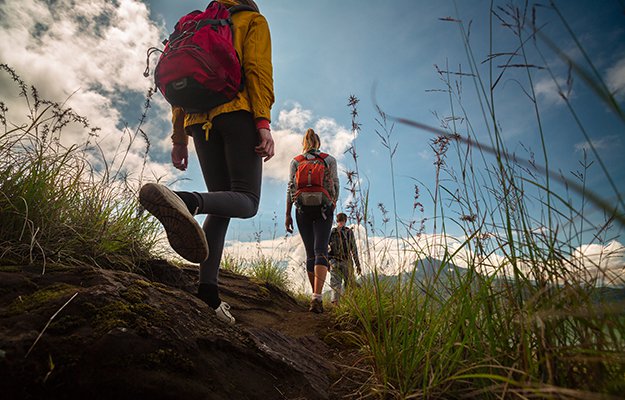

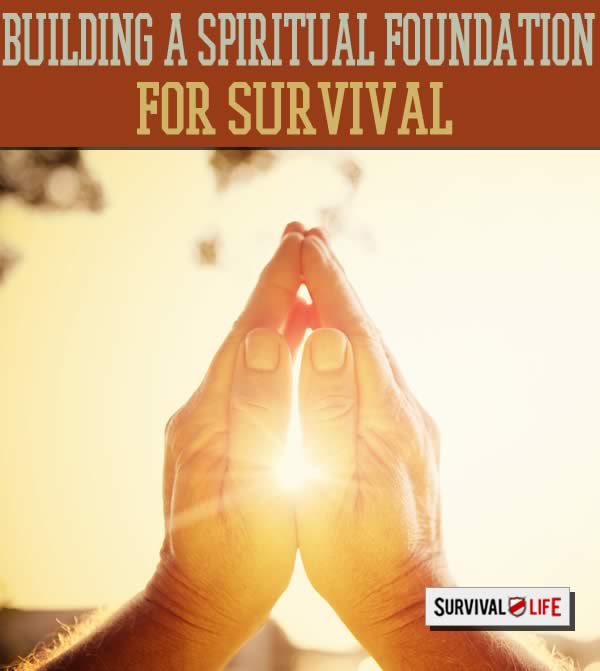


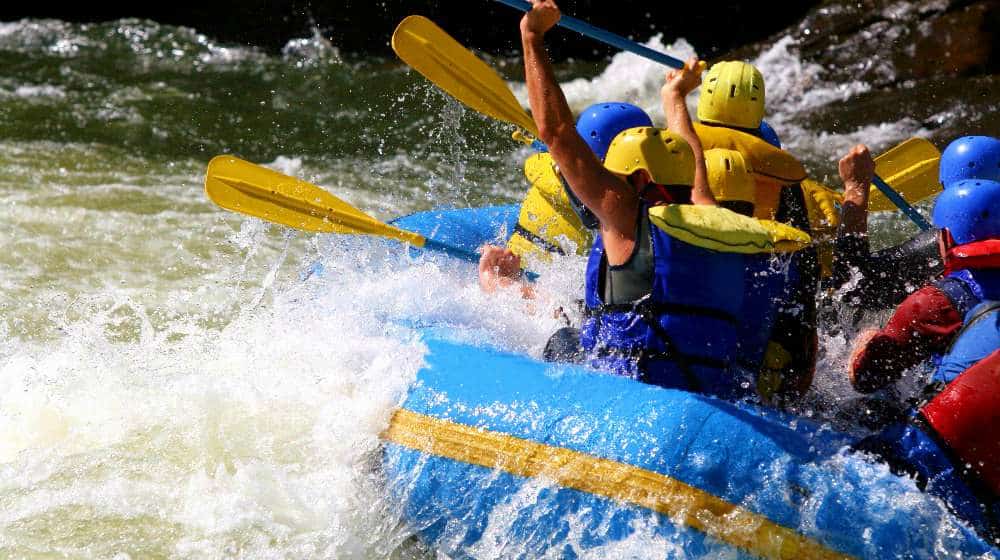
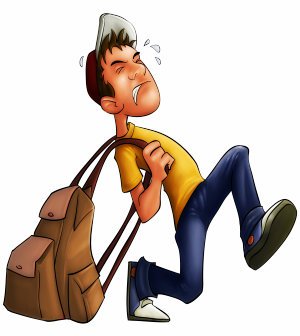
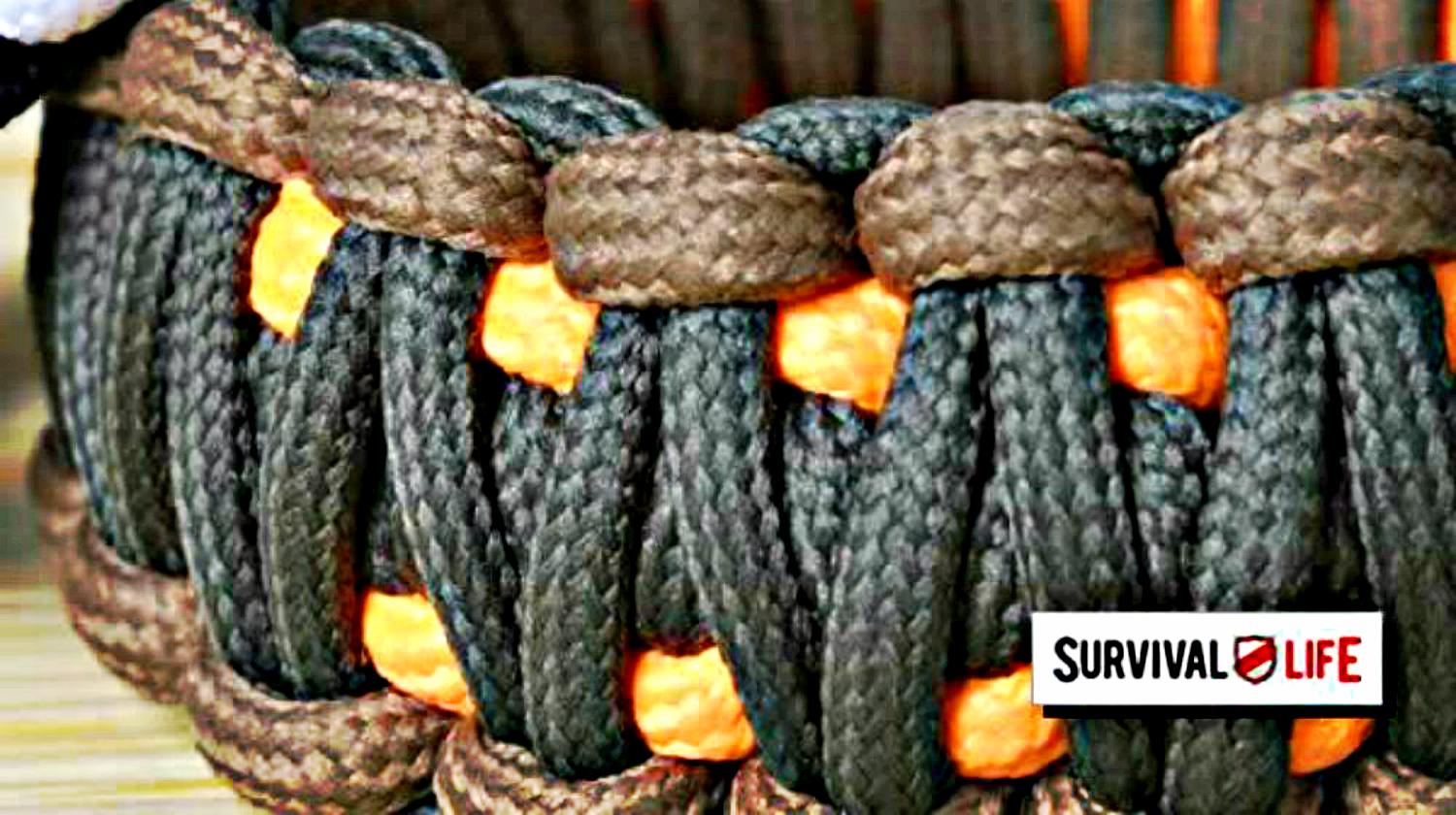


Gabe Thomas
July 22, 2014 at 8:45 AM
Great article and use of SA applied to everyday life. I try to do this with my children and they have picked up on what I’ve been telling them. Thanks for sharing this article!
David
July 22, 2014 at 12:07 PM
Thanks Gabe. Yes, I also share and teach my daughter about everyday SA and how a simple trip to the store can be a valuable learning tool. Hope for the best, prepare for the worst. Have a great day!
Deez
July 23, 2014 at 5:46 PM
Thank you. I have never put a label on what you describe. I have lived with this for over 60 years. I have taught many including my daughter just what you have included. Results?
My daughter had to go to a specialist, the only specialist for a particular medical issue, in our town. As I have taught, I went along as an advocate. The doc talked about surgery and wanted to include another part of the body as well, stating that part was also in need of coming out. We knew surgery might be needed, so we were open.
Now, I didn’t teach ‘stranger danger’ nor ban her from going certain places or people, I taught and we often ‘played’ the SA exercise about what does that person tell you about him/herself?
So as we left the doc’s office, by the time we reached the car, she was talking about how uneasy she was around the doc. I had also felt similarly and told her so. She then chose to get a second opinion. That was a few months ago and she’s had to go to another city to see another specialist. In the meantime, we’ve learned of a few other people who have gone to this clinic for surgery and are now having problems because of things gone wrong during surgery. Was this our SA working? I believe so just as much as your buffalo story or the car ride you almost took. SA works now just as in an emergency so thanks for informing people of this. There are many who have been given this as a gift, many others need to be taught and it is possible to learn this.
Evan Malherbe
October 25, 2014 at 2:08 PM
Nicely written. Soon after I got interested in self defense and crime prevention, I learned about awareness. It is actually a pretty deep subject, but one that is, as you say, SO important. In fact, for most people a well honed sense of awareness will probably save them from the majority of bad things that might happen to them in life. I also found it interesting how long it took to get to a stage where my awareness was mostly an unconscious or subconscious skill. I mean it took more than a year of practice whenever I was out in public. But it was so worth it! The few times I have been sized up by an undesirable type, I couldn’t believe how OBVIOUS they were being! Perhaps it was just that I was switched on to the signals they were giving off? Anyway, great topic. Lots to think about. Thanks! Evan
Pingback: Emergency Kits for the Workplace | Be Prepared Everywhere - Survival Life | Preppers | Survival Gear | Blog
Pingback: Keeping Focus For The Focus Challenged – Ultimate Survival Alerts
Pingback: Keeping Focus For The Focus Challenged - Survival Gear Review
Pingback: PTR Episode 72- Situational Awareness [PODCAST] – The Self-Sufficient Life